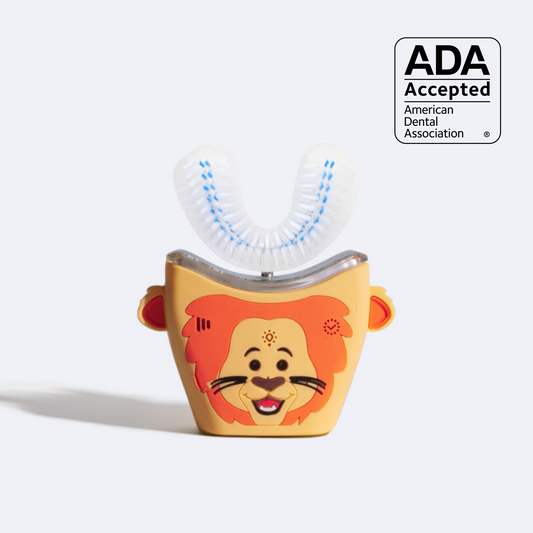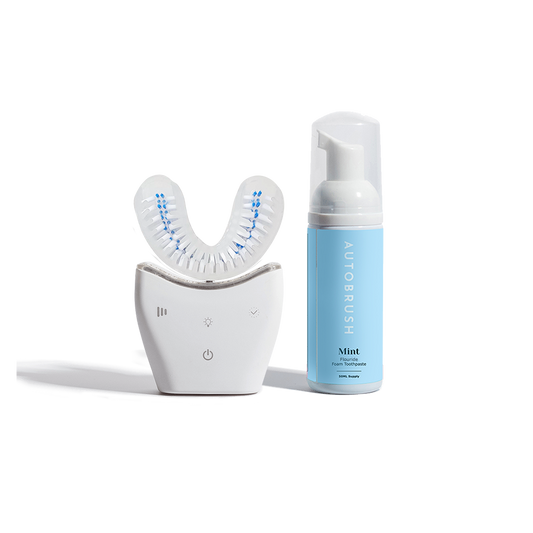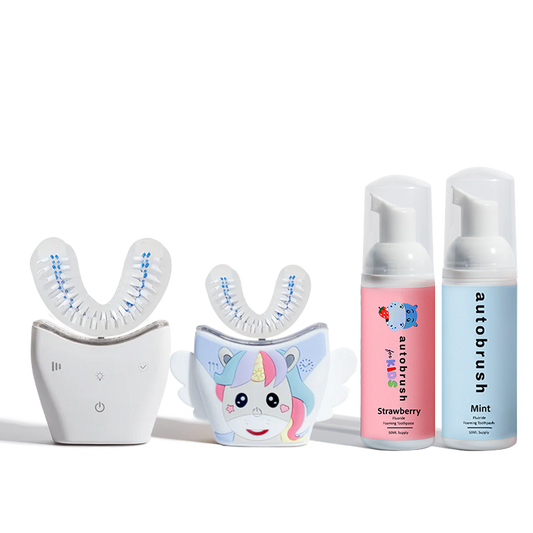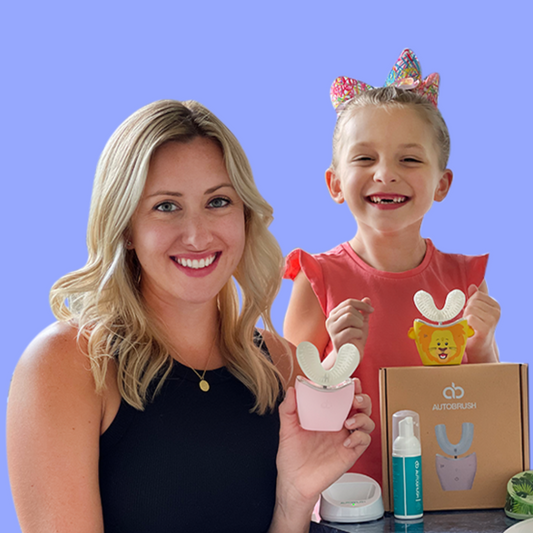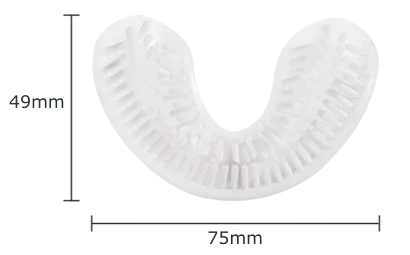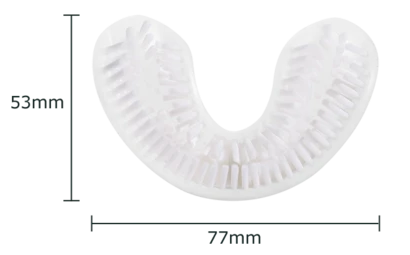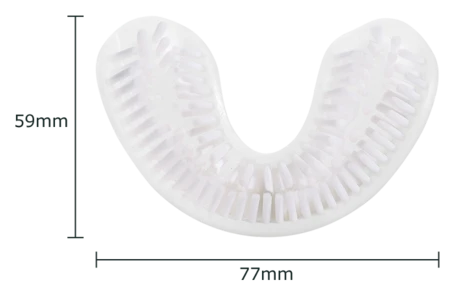Everyone has their own reason for going to diet, whether they want to have a beach-ready body or for health reasons. With a lot of dietary plans already available, how to choose what’s good and what’s too much (or too little)? You need to go for the plan that could help you manage your weight but with the least negative effects.
Keep in mind that your diet plays an important role in your general health, including your teeth and gums. The ideal diet is a balanced one.

Which Fad Diets should you avoid?
1. The Juice Cleanse
What is a Juice Cleanse?
Also known as Juice Fast, this diet involves the consumption of only juices from fruits and vegetables in an attempt to detoxify your body and to lose weight.
Why is it bad for your oral health?
- You don’t get the fiber and nutrients of fruits and vegetables your body needs to keep your teeth, skin, hair and nails healthy.
- Juice is high in acid and sugar that will definitely damage your teeth.
- It stains and weakens your teeth, causing harm to your enamel.
- This low-calorie diet will affect your body’s insulin level.
- Low insulin = weakened collagen fiber = tooth loss
- Excess sugar can cause tooth decay and cavities.

2. Raw Food Diet
What is a Raw Food Diet?
The raw food diet, also called as raw veganism, is the consumption of raw food to help you get all the nutrients while being able to avoid the unhealthy preservatives and chemicals.
This diet actually does makes sense but what effect does it have on your oral health?
Why is it bad for your oral health?
- Just like in Juice Cleanse, the possible damage of raw food diet to your teeth is the amount of juice you consume. Juices, especially from fruits, have excessive sugar that can cause tooth decay.
- Seeds and nuts can also get stuck in your teeth that can start a bacteria build up.

Some friendly reminders
Your diet affects more than your waistline and your jawline. When choosing a diet, always think of the benefit and the damage it may cause your entire body.
If you are not sure of how your diet will affect your oral health, you may consult your dentist or your nutritionist.



















